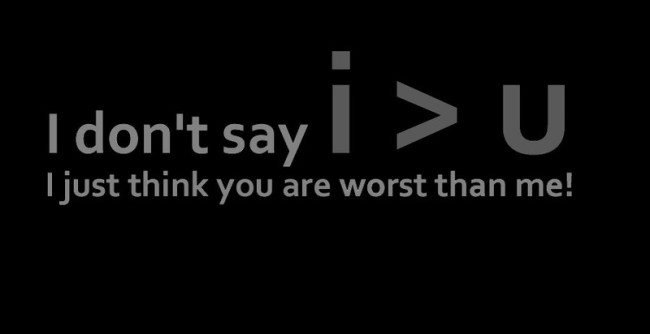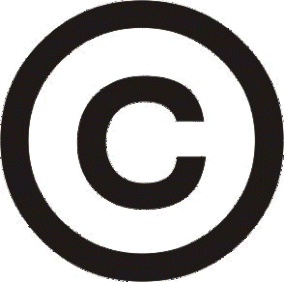 The picture above is good representation about how many people in modern America feel about most hunter/gatherer societies. The video “Guns, Germs, and Steel” talks a great deal about some of these hunter/gatherer societies. One of the key moments in the movie that deals with issue of superiority is when a New Guinean asks why the white man has more cargo then him. My immediate reaction was, “because the white man is more advanced. Why is that? Why are these New Guinean less advanced than us.
The picture above is good representation about how many people in modern America feel about most hunter/gatherer societies. The video “Guns, Germs, and Steel” talks a great deal about some of these hunter/gatherer societies. One of the key moments in the movie that deals with issue of superiority is when a New Guinean asks why the white man has more cargo then him. My immediate reaction was, “because the white man is more advanced. Why is that? Why are these New Guinean less advanced than us.
The narrator talks about domestication of animals for purposes of farming. Of the 148 animals that can be domesticated, only 14 have been domesticated. None of those animals are natives of New Guinea. That fact alone plays a large role in why they are “inferior” than us. Of the animals that can be domesticated, only one has made its ways to New Guinea, the pig. Due to the lack of domesticated animals, they were at a severe disadvantage when it came to farming. Diamond argues that industrial america would have been impossible if not for farming, and implies that’s what happened in New Guinea. The fundamental core of his argument regard the hands that people have been dealt. He claims that people are not different because of genetics. According to Diamond we don’t have more more “cargo” then the people of New Guinea because of a lack of ingenuity by the people of New Guinea, it’s because of geography.





